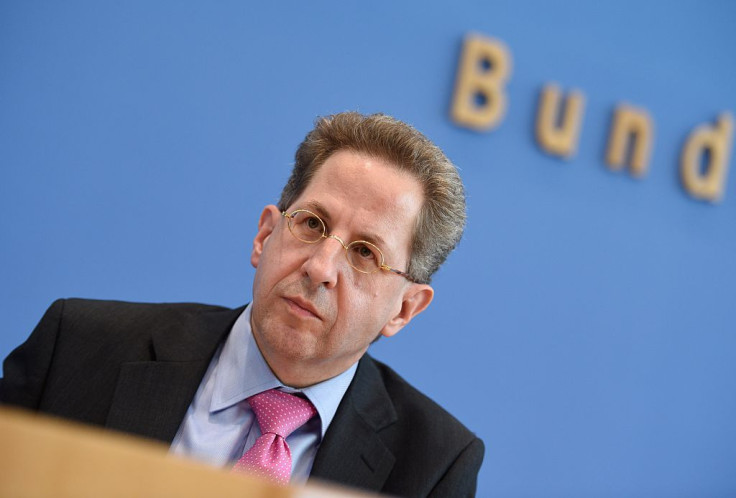Russia 'intensifying' attempts to influence federal election, says German spy chief
End goal is "to weaken or destabilise the Federal Republic of Germany," said Hans-Georg Maassen.

Russia is using propaganda and cyberattacks in a bid to interfere with next year's elections, the country's domestic intelligence agency, the BfV, has warned.
"The indicators that there will be attempts to influence the federal elections next year are intensifying," said Hans-Georg Maassen, head of the BfV, citing "increasingly aggressive cyber espionage" against officials, politicians, and party employees.
The warning is the starkest yet on alleged Russian attempts to subvert political processes in Europe's largest economy.
In the wake of the US Presidential election, when Russia was accused of leaking hacked information to discredit Democrat nominee Hillary Clinton, German Chancellor Angela Merkel warned that the Kremlin could next target Germany.
Maassen said that the Kremlin had deployed "enormous" financial resources to carry out "disinformation" campaigns targeting Germany's Russian speaking community and political movements.
He said the end goal was "to weaken or destabilise the Federal Republic of Germany", strengthen extremist movements and parties, complicate the work of federal government, and influence political dialogue.
Maassen warned that voters' reliance on social media for news made them vulnerable to being duped by fake news and disinformation.
"The altered relationship to information by users of online social media networks is an ideal gateway for targeted disinformation," said Maassen.
"We are worried that echo chambers are being created there," Maassen said, adding that "automated opinion-forming" with bots could be used to spread fake news.
A date for the German elections has not been set yet, but they are expected to take place in September next year.
In January, Russian state media spread fake reports that a 13-year-old girl had been raped by Middle Eastern refugees in Berlin, in an alleged effort to whip up opposition to Chancellor Angela Merkel's open door refugee policy.
Merkel is also a key backer of sanctions imposed against Russia by the West in the wake of the Ukraine crisis.
In August, Kremlin linked hackers were accused of being behind an attempted cyberattack on the German parliament.
The comments echo those made by MI6 chief Alex Younger, who said that Russian-style 'hybrid warfare' posed a threat to British sovereignty and democracies.
© Copyright IBTimes 2025. All rights reserved.






















